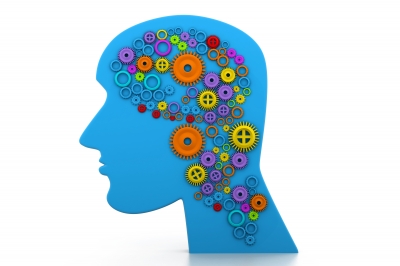Julianne Moore’s portrayal in Still Alice of a woman with early-onset Alzheimer’s has already won a Golden Globe and been nominated for an Oscar. Many now hope that the film will raise awareness of this rarer form of Alzheimer’s. In that spirit, here is what you need to know:
- Alzheimer’s comes in middle-age, too
Most people diagnosed with Alzheimer’s are seniors; however, up to 5% are under the age of 65. Those who develop Alzheimer’s in their 40s or 50s are said to have an “early” or “younger onset” of the disease. Over 200,000 people in the U.S. have early-onset Alzheimer’s.
The symptoms of early-onset Alzheimer’s are the same as regular Alzheimer’s. But since middle-aged people develop the disease less often than seniors, the symptoms are harder to spot.
“By the time people ask for help something strange has probably been going on for at least six months,” says Dr. Mary Sano, a psychiatrist and researcher who advised Moore for her role. “For a younger person, we’ll do a more rigorous workup… We want to demonstrate what’s really present is a cognitive problem and not a psychological or physical problem.”
Early-onset Alzheimer’s has a strong connection to family genetics. So having a family history of Alzheimer’s is an important factor in determining risk of developing the disease.
- It’s bigger than just forgetting things
Forgetting where you put the keys or the name of someone you just met is normal in middle-age; it does not indicate early-onset Alzheimer’s. But when forgetfulness impairs your ability to perform daily tasks or remember things important for their lives, Alzheimer’s becomes a worry.
People with early-onset can even subconsciously alter their routines and thus fail to notice the warning signs. The Alzheimer’s Association advises looking out for regular use of recording devices, relying on others to handle daily tasks, or disinterest in work and social activities. Symptoms vary, but the inability to retain new information is one key indicator.
“It’s critically important to allow people to find out about [early-onset Alzheimer’s], and raise awareness about something they need to pay attention to—something they may even be living through.”
If you would like to learn more about early-onset Alzheimer’s, check out the Brain Matters blog and our many clinical trial opportunities.
Source: https://www.yahoo.com/health/what-you-should-know-about-early-onset-alzheimers-108654747318.html




